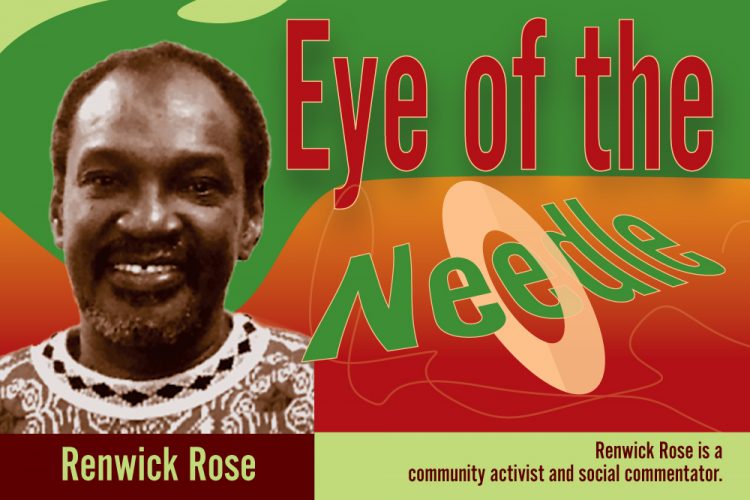Play One For Kitch Centennial

Easter Monday is the public holiday which culminates the biggest weekend in the Christian calendar, starting with the crucifixion of Jesus Christ on Good Friday and ending in his glorious resurrection on Easter Sunday.
Easter Monday this year falls on April 18. That date is also the centennial of the birth of one of the greatest cultural icons in Caribbean history, the calypso giant, christened as Aldwyn Roberts, but better known in the calypso world as Lord Kitchener. As such, it is as good an occasion as any to ask our radio stations and musical DJs to do their own version of the resurrection by resurrecting the classics which ‘Kitch’ has left behind.
First of all, what is so special about Kitch which would justify a celebration of his centennial? What has been his contribution to the development of the Caribbean and to culture in particular?
Born in the eastern borough of Arima in Trinidad on April 18, 1922, Aldwyn Roberts proved to be, arguably for some folk, the greatest calypsonian that the Caribbean has produced, earning himself the title as “The Grandmaster of Calypso”. Beginning in the land of his birth, he took calypso to Jamaica and then on to England giving the Caribbean immigrant population there a sense of cultural identity in the face of all the racism and discrimination they faced in daily life.
He is particularly remembered in association with West Indies cricket. On June 29, 1950, ‘Kitch’ is credited with leading a throng of jubilant West Indies cricket fans, dancing around England’s hallowed ground of Lord’s to celebrate the first-ever victory of the West Indies in England. It was the forerunner to later Caribbean domination of the sport and was so inspirational that another calypsonian, Lord Beginner, composed the everlasting calypso,
“Cricket, lovely cricket,
At Lord’s where I saw it…”
Thus came the identification of two of the Caribbean’s greatest cultural products, cricketing excellence and the unique art of calypso, giving rise to West Indies cricket earning the name of “calypso cricket”.
But those were early beginnings for ‘Kitch’, who not only became the pre-eminent exponent of the art in Britain, regularly featured on BBC programmes, but establishing the base for one of the most successful careers in the calypso field. Returning to his homeland in 1962, he and the young Mighty Sparrow established a healthy rivalry which did wonders for the development of the calypso art form, and they went on to dominate the calypso world for almost three decades.
‘Kitch’ was unique in his composing ability, exhibiting a musical skill that amazes up to today. As a result, he used his affinity for the steel band to dominate both the coveted Road March title, for the tune most played on the road at Carnival, as well as the greatest composer of winning Panorama tunes. He has 11 Road march wins, and the champion Panorama steel band chose his compositions on 18 occasions spanning more than three decades. The range of his musical genius was exhibited in superb compositions which were almost classical, such as “Bees Melody”.
‘Kitch’ was also an excellent stage performer and organised annual calypso tents, helping to groom and launch the careers of such outstanding calypso bards as Black Stalin, Valentino, Calypso Rose, Denyse Plummer and David Rudder. He was a regular recording artist too and took calypso all over the globe. Even when soca emerged, he demonstrated his versatility in the immortal composition, “Sugar Bum”. Another aspect of that versatility was exhibited in his composition “The Carnival is Over”, heralding the Lenten season in the days when calypso was frowned upon during the Lenten season.
It is a pity, indeed a tragedy, that the massive contribution of Kitchener and the other pioneers of the art form, not just to the development of calypso and Carnival, but also to cultural development and the global establishment of a Caribbean cultural identity is not sufficiently celebrated so that younger people can be aware and respect and revere this titan of the calypso world’I can only humbly beseech those who control the musical content on our air waves, that on Easter Monday, please remember Kitch and follow the advice of Black Stalin, and ‘PLAY ONE” (well, much more than one), for ‘Kitch’ on his centennial.
Renwick Rose is a community activist and social commentator.











